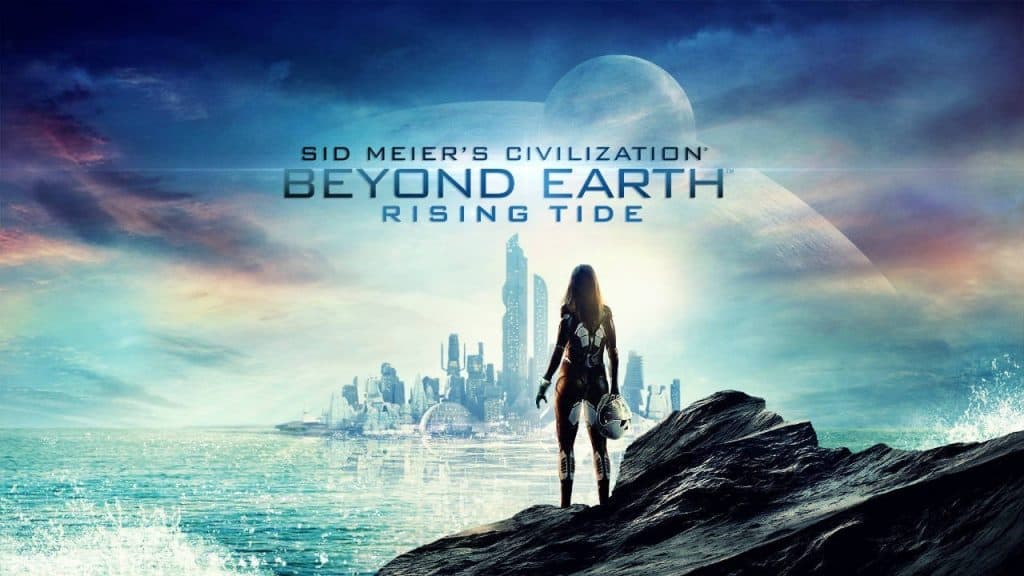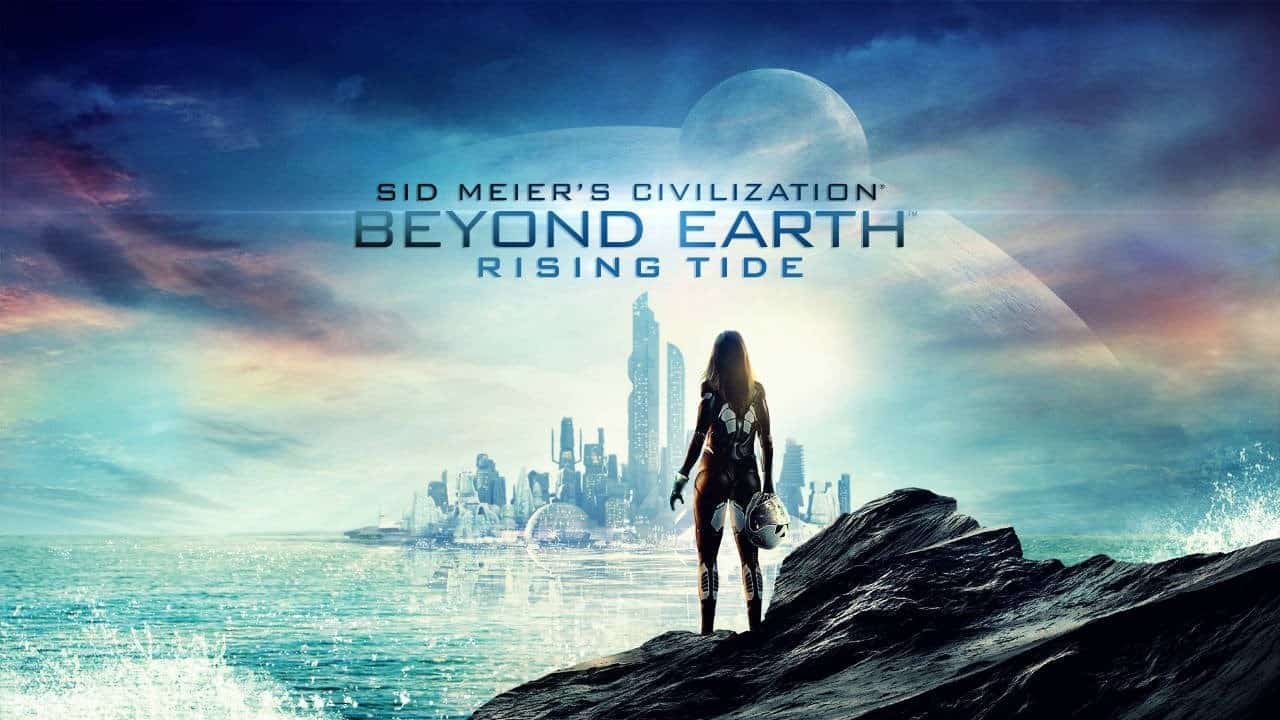Table of Contents
amazon Sid Meier’s Civilization Beyond Earth – Rising Tide reviews
If you’ve ever been interested in deep-sea-based games like Submarine Titan or Anno 2070, the Rising Tide expansion of Sid Meier’s Civilizations: Beyond Earth will also give you the inspiration of similar contact. When people began to reach out to dominate the oceans, the traditional gameplay of the game series was radically changed.
Taking over the ocean means that you will no longer protect the borders of nature. The units can operate quite freely on every “corner” of the map, even the worker units (workers) can “go out” to build works on the sea, exploit the resources or simply create travel routes.
The units at sea became stronger, able to penetrate deeper into the enemy’s territory with a fairly “strong” blood level, strong attack power, enough to pave the way for infantry units to take over. This makes the gameplay “Domination” fierce and difficult when the battlefield exists everywhere.
In Rising Tide, you will also encounter many alien “sea monsters” units, including some special creatures that can be tamed to create “powerful fighters”, such as the monster Kraken can duel. Paired with the three old Cruisers. Like in the old version, you absolutely can choose to develop a military using humans Purity or “exploit” these powerful native monsters to strengthen your navy.
A few new constructions are also “added” to Rising Tide, bringing with them some new abilities that also have a certain impact on the player’s tactics when bringing both positive and negative effects compared to the original version. For example, the defense systems at sea make cities more “strength” with the ability to travel short distances and huge production capacity.
These new elements bring a new wind to Rising Tide, creating new challenges as well as new feelings for those who are too “similar” with land-dependent gameplay as in the original version.
Unlike previous versions that only allowed players to depend on a nation, a certain leader with traits with certain advantages, Sid Meier’s Civilizations: Beyond Earth – Rising Tide gives players the ability to customize these personalities thanks to the “diplomacy” point.
With dozens of new “bonus” divided into three main groups: Science, Military and Economy, players can completely develop according to their plans. not dependent on the “personalities” predefined in the game. If there are reasonable plans and options, the development of these “bonus” points can give the player a strong acceleration compared to other opponents in Rising Tide.
With so many “new” things like that, players have to “get acquainted” almost entirely in Rising Tide to be able to make the most appropriate and strategic development directions. However, AI (Artificial Intelligence) only stops at the old version, so the game seems… easier, even though the player chooses the highest difficulty.
The strength of the units was also not balanced, making the “battle” much more difficult than in previous versions if you were mistaken for a few technical upgrades that were already very troublesome in the original version. Besides, the number and types of “personalities” also contribute to complicating the game, making Rising Tide “difficult” for “new fans” of the series.

